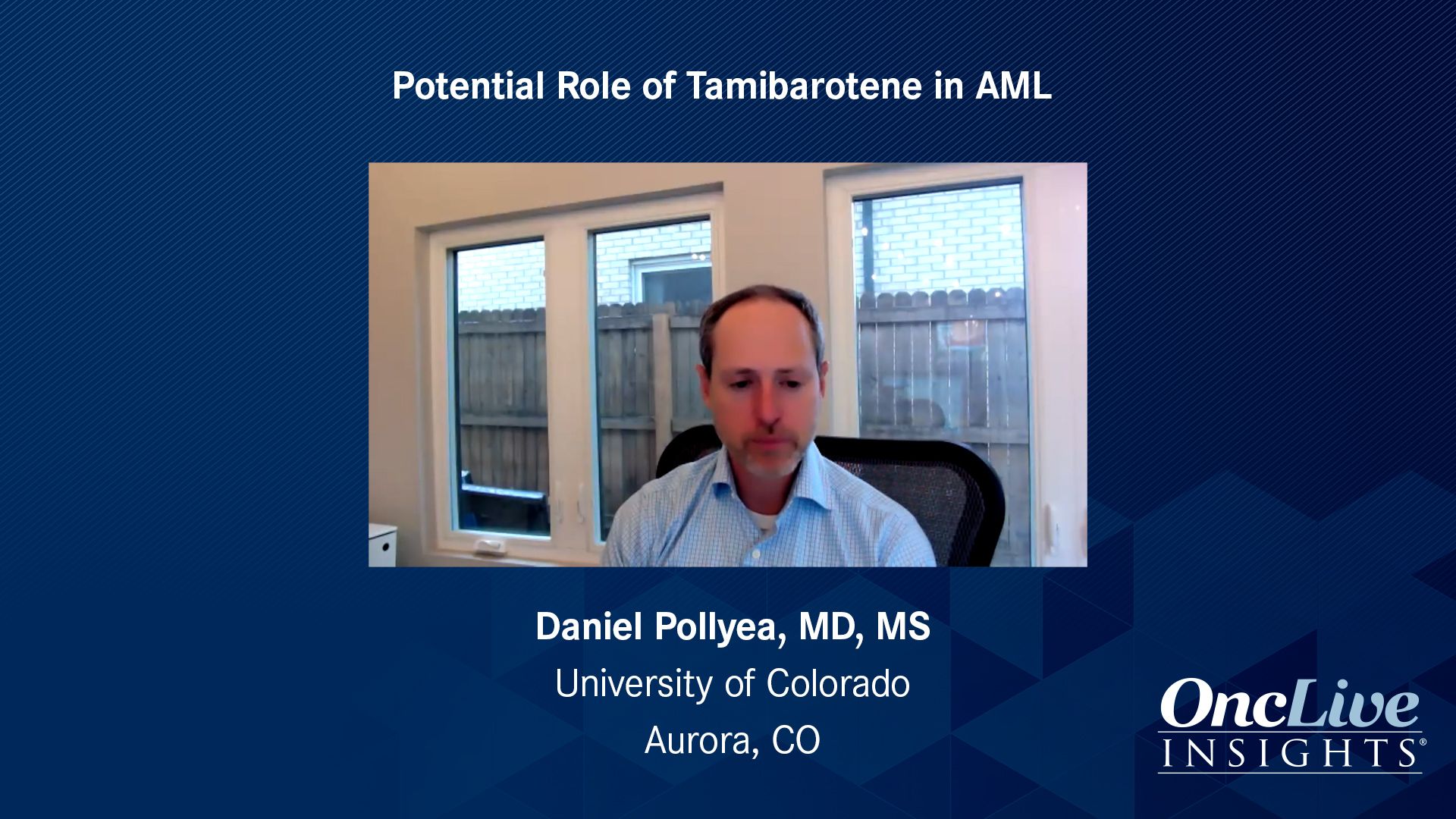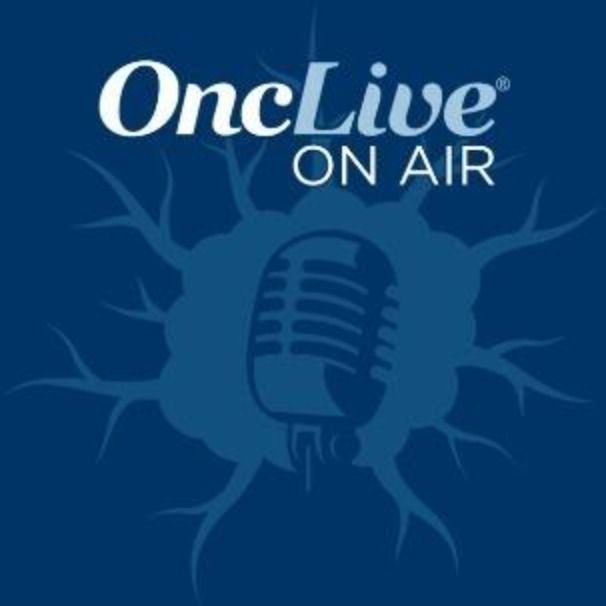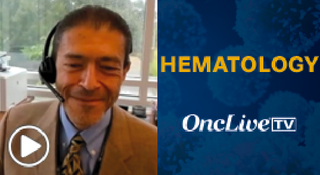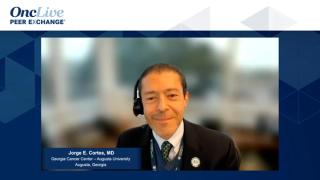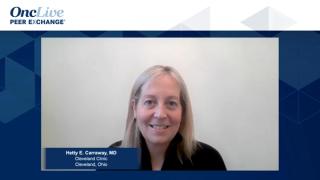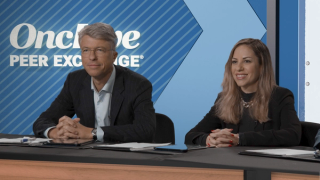
Hematologic Oncology
Latest News
Latest Videos

CME Content
More News

The FDA has approved lisocabtagene maraleucel as second-line therapy for adult patients with large B-cell lymphoma, including diffuse large B-cell lymphoma not otherwise specified, high-grade B-cell lymphoma, primary mediastinal large B-cell lymphoma, and follicular lymphoma grade 3B.

The European Medicines Agency’s Committee for Medicinal Products for Human Use has recommended granting marketing authorization for asciminib for the treatment of adult patients with Philadelphia chromosome–positive chronic myeloid leukemia in chronic phase who were previously treated with at least 2 TKIs.

The European Medicines Agency's Committee for Medicinal Products for Human Use has unanimously recommended full marketing authorization approval of melphalan flufenamide for patients with triple-class refractory multiple myeloma.
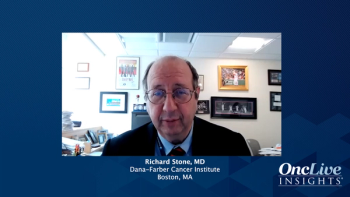
Richard Stone, MD, and Eunice Wang, MD, share upcoming treatment advances they look forward to for patients with acute myeloid leukemia (AML).
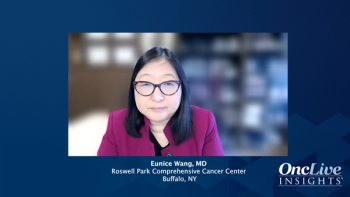
An overview of treatment options in patients who present with IDH1/IDH2 mutations and how to manage treatment-related adverse events.

Eunice Wang, MD, discusses the long-term results of a phase 2 trial investigating crenolanib plus chemotherapy in adult patients with newly diagnosed FLT3-mutant acute myeloid leukemia.

The FDA has granted an orphan drug designation to the CD20-targeted autologous CAR T-cell therapy, MB-106, for use as a potential therapeutic option in patients with Waldenström macroglobulinemia.

Monique Minnema, MD, discusses the rationale of the MonumenTAL-1 trial examining talquetamab in multiple myeloma, the safety and efficacy reported thus far with the bispecific antibody, and next steps for further exploration.
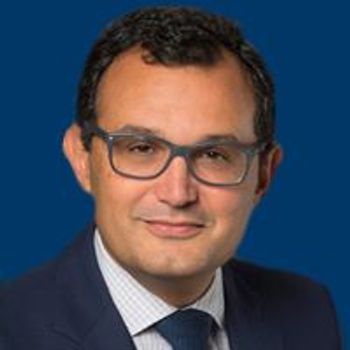
Guadecitabine did not result in a statistically significant improvement in overall survival compared with physician’s choice of treatment in patients with relapsed/refractory myelodysplastic syndrome or chronic myelomonocytic leukemia, according to data from the phase 3 ASTRAL-3 trial.

Nemtabrutinib, a potent, non-covalent BTK inhibitor, continued to demonstrate antitumor activity with an acceptable safety profile in patients with chronic lymphocytic leukemia and small lymphocytic lymphoma.
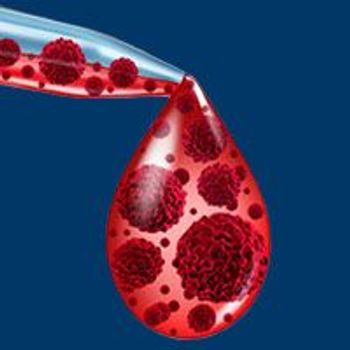
The European Medicines Agency has verified its type II variation application to extend the indication for lisocabtagene maraleucel to include the treatment of adult patients with diffuse large B-cell lymphoma, high grade B-cell lymphoma, primary mediastinal large B-cell lymphoma, and grade 3B follicular lymphoma, who are refractory or have relapsed within 12 months of initial therapy and are candidates for hematopoietic stem cell transplant.
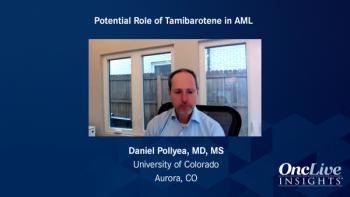
Dr Daniel Pollyea comments on biomarker testing in acute myeloid leukemia and the potential role for RARA testing.

A review of treatment options for patients with newly diagnosed acute myeloid leukemia and differences between patients who are fit vs unfit for chemotherapy.

Richard Stone, MD, and Eunice Wang, MD, explain how molecular biomarker testing influences their treatment decision-making in patients with acute myeloid leukemia (AML).

Drs Richard Stone and Eunice Wang review the clinical profile of a 67-year-old man with newly diagnosed acute myeloid leukemia (AML) and an IDH2 mutation.

The addition of venetoclax to ibrutinib resulted in a high rate of minimal residual disease negativity in the blood and marrow of patients with previously untreated chronic lymphocytic leukemia.

The FDA’s Cellular, Tissue, and Gene Therapies Advisory Committee voted unanimously in favor of the benefit of betibeglogene autotemcel for the treatment of transfusion-dependent β-thalassemia in adult and pediatric patients with a non–β0/β0 genotype.

RG6234, a novel T-cell engaging bispecific antibody with a 2:1 configuration, induced high response rates and early evidence of durability for patients with relapsed/refractory multiple myeloma.

Heinz Gisslinger, MD, discusses the 6-year event-free survival data from the phase 3 PROUD-PV and CONTI-PV trials.

Nicholas J. Short, MD, discusses updated results from a single-arm phase 2 study investigating ponatinib plus blinatumomab in patients with Philadelphia chromosome–positive acute lymphoblastic leukemia.

The bispecific antibody REGN5458 elicited rapid responses that were further characterized by their depth, durability, and low incidence of cytokine release syndrome in patients with relapsed/refractory multiple myeloma.

Treatment with ropeginterferon alfa-2b-njft induced low symptom burden and low phlebotomy requirement compared with best available treatment in patients with polycythemia vera, according to long-term data from the phase 3 PROUD-PV and CONTINUATION-PV trials.

Bezuclastinib showcased early signs of clinical activity in that it resulted in a meaningful reduction in serum tryptase levels, as well as reductions in mast cell burden and KIT D816V variant allele frequency, in adult patients with advanced systemic mastocytosis.

The combination of talquetamab and daratumumab led to early onset and durable responses that deepened over time in patients with heavily pretreated multiple myeloma, most of whom were anti-CD38 refractory, according to findings from the phase 1b TRIMM-2 study.
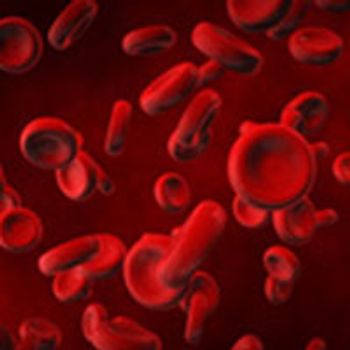
The combination of epcoritamab and R-CHOP produced high overall response rates and complete metabolic response rates with a manageable toxicity profile in patients with diffuse large B-cell lymphoma.


